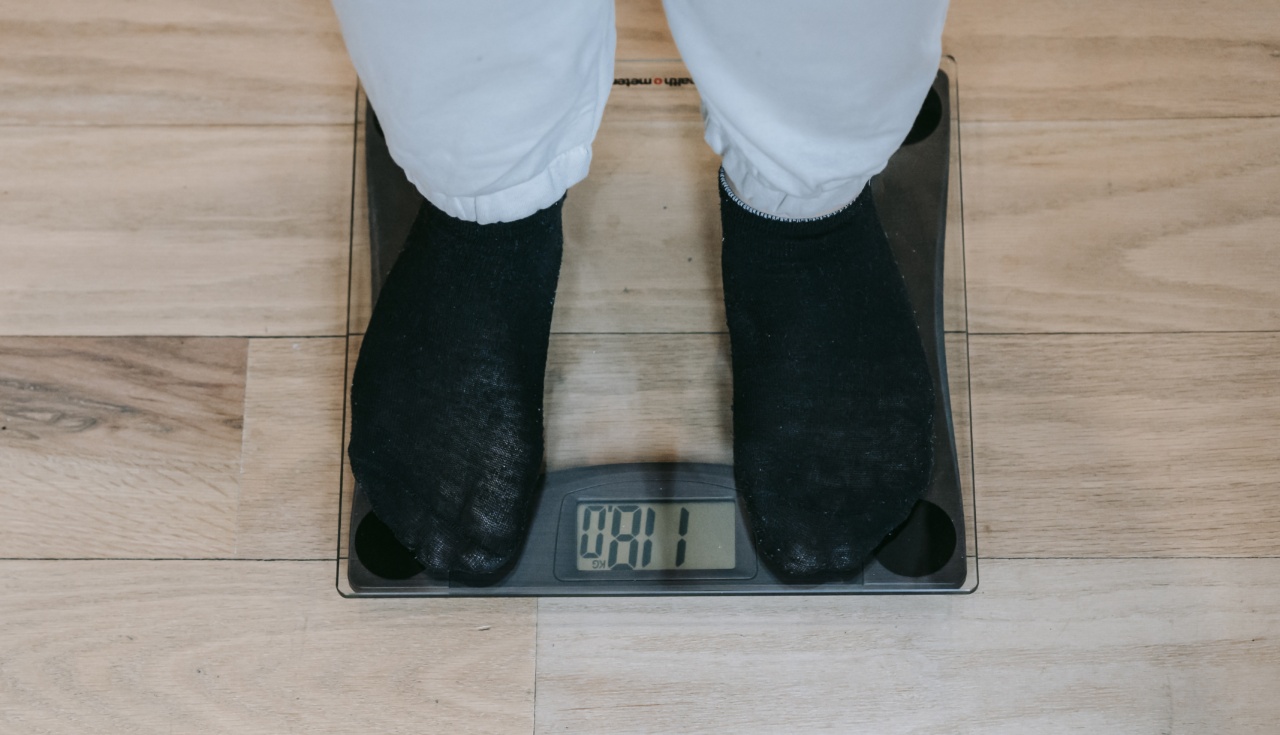Losing weight is a common goal for many people, and it often involves making changes to your diet and exercise routine. One important aspect of weight loss is managing your calorie intake.
While it’s important to create a calorie deficit to shed those extra pounds, there may come a time when you need to actually increase your calorie intake to continue making progress. In this article, we will discuss seven signs that indicate you may need to increase your calorie intake in order to lose weight effectively.
1. Constant feelings of hunger
One of the most obvious signs that you need to increase your calorie intake to lose weight is if you constantly feel hungry. When you consistently consume fewer calories than your body needs, it goes into a state of energy deprivation.
As a result, your body increases its production of hunger hormones such as ghrelin, making you feel hungry all the time. If you find yourself constantly battling hunger pangs, it may be a sign that you need to increase your calorie intake slightly to satisfy your body’s needs.
2. Lack of energy and fatigue
Another sign that you may need to increase your calorie intake to lose weight is if you feel constantly fatigued and lack energy. When you aren’t consuming enough calories, your body doesn’t have enough energy to perform its daily functions.
This can lead to feelings of tiredness, lack of motivation, and difficulty concentrating. Increasing your calorie intake can provide your body with the fuel it needs to function optimally and combat fatigue.
3. Slower metabolism
When you consistently consume a low-calorie diet, your body adapts to the reduced calorie intake by slowing down your metabolism. This is a survival mechanism designed to conserve energy in times of limited food availability.
However, a slower metabolism can make it difficult to continue losing weight. By increasing your calorie intake slightly, you can help rev up your metabolism and keep it running efficiently.
4. Plateau in weight loss
If you have been following a calorie-restricted diet for a while and notice that your weight loss has stalled or plateaued, it might be time to increase your calorie intake.
A prolonged calorie deficit can lead to a metabolic slowdown and plateau in weight loss. By slightly increasing your calorie intake, you can shock your body out of its plateau and continue making progress towards your weight loss goals.
5. Decreased muscle mass
When you restrict your calorie intake for prolonged periods, your body may start breaking down muscle tissue for energy.
This can lead to a decrease in muscle mass, which is undesirable if your goal is to lose weight while maintaining a lean and toned physique. By increasing your calorie intake and ensuring that you’re consuming enough protein, you can help preserve your muscle mass while still losing weight.
6. Hormonal imbalance
Severely restricting your calorie intake can disrupt your hormone levels, particularly those involved in regulating appetite, metabolism, and mood.
Imbalances in hormones such as leptin, insulin, and cortisol can negatively impact weight loss efforts and overall well-being. Increasing your calorie intake to a more balanced and moderate level can help restore hormonal balance and improve your weight loss progress.
7. Mental and emotional well-being
Lastly, it is essential to consider your mental and emotional well-being when trying to lose weight. Drastically reducing your calorie intake can leave you feeling deprived, irritable, and stressed, which can ultimately hinder your weight loss efforts.
Increasing your calorie intake slightly can provide you with more energy, improve your mood, and make the weight loss process more sustainable and enjoyable.
Conclusion
In conclusion, while creating a calorie deficit is crucial for weight loss, it is equally important to listen to your body’s signals and make adjustments when necessary.
If you experience constant hunger, lack of energy, metabolic slowdown, weight loss plateau, muscle loss, hormonal imbalances, or negative effects on your mental and emotional well-being, it may be time to increase your calorie intake slightly. Remember that weight loss is a journey, and finding the right balance for your body and overall well-being is key to long-term success.





























